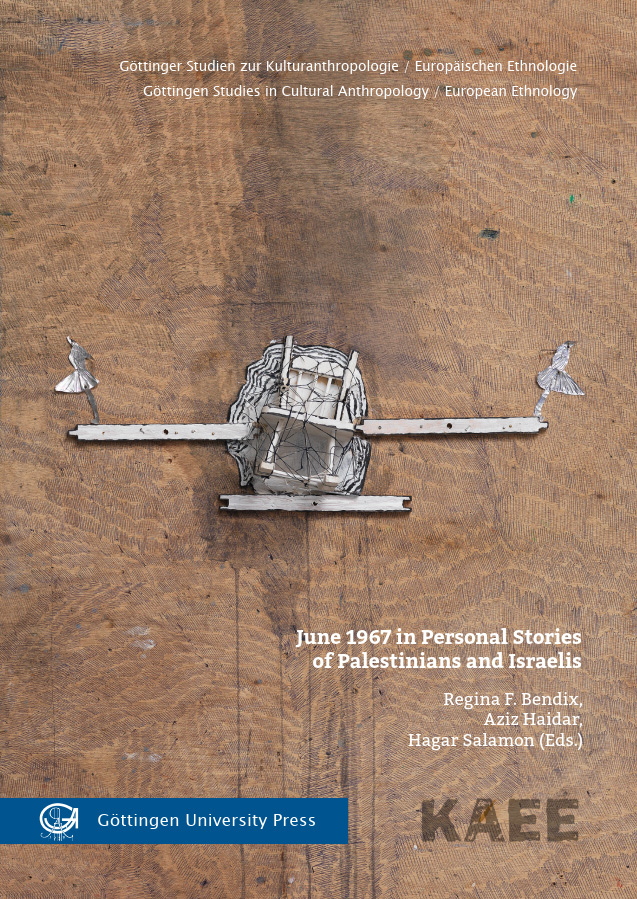The clash of June 1967, called by Israelis the Six-Day War and by Palestinians the Naksa (setback), is a critical milestone within the longstanding Israeli-Palestinian conflict. Despite all the scholarly attention ever since, there remain unheard voices and untold stories. It is the personal stories of people in the region that are at the center of this book. How do they remember 1967? How were their lives affected, even changed dramatically as a result of that short war? Listening to their stories as told some 50 years later, an incomplete tapestry of memories and understandings emerge. This book is the product of a re- search collaboration among Palestinian, Israeli and European folklorists, cultural anthropologists and sociologists. The personal stories were collected in the framework of interviews with men and women from all walks of life, on the days before, during and after this dramatic confrontation. The book is comprised of eleven chapters based on a corpus of several hundred conversations, as well as eight representative interviews. Together they afford insight into differential memories and sensations, visions of euphoria and despair, newly revived hopes, pain and disappointment, disillusionment and repentance.
Publikationstyp: Sammelband
Sparte: Universitätsverlag
Sprache: Englisch
Beiträge
-
1. 1967 and After: An Introduction (Seiten 1-29)
-
2. Spatial Metamorphoses: Viewing the Western Wall in Personal Stories (Seiten 31-72)
-
3. The Naksa in the Shadow of the Nakba (Seiten 97-117)
-
4. The House on the Border (Seiten 135-146)
-
5. Fantastic Key Encounters during the Six Day War (Seiten 169-202)
-
6. Double Refugees: Between Personal and Collective Memory (Seiten 203-238)
-
7. Hallowed Hollows: Life Stories of Bereaved Women from the Six-Day War (Seiten 271-291)
-
8. The War through the Eyes of Those Who Lived It. (Seiten 293-316)
-
9. The Jewish Other and the Palestinian Identity: The Naksa Redefining the Meaning of the Nakba (Seiten 363-392)
-
10. “My Father, His Daughter”: A Memoir of the Year 1967 in Hebron as a Metonym for the Relationship between Fathers and Daughters as Told by Five Israeli Women (Seiten 393-429)
-
11. Neither Six Days nor War: Uncertainty, Rumors and Conspiracies in 1967 in the Middle East (Seiten 451-480)
-
12. Traces of Violence and the (Im-)Possibility of Reaching Closure in Narration (Seiten 481-497)





